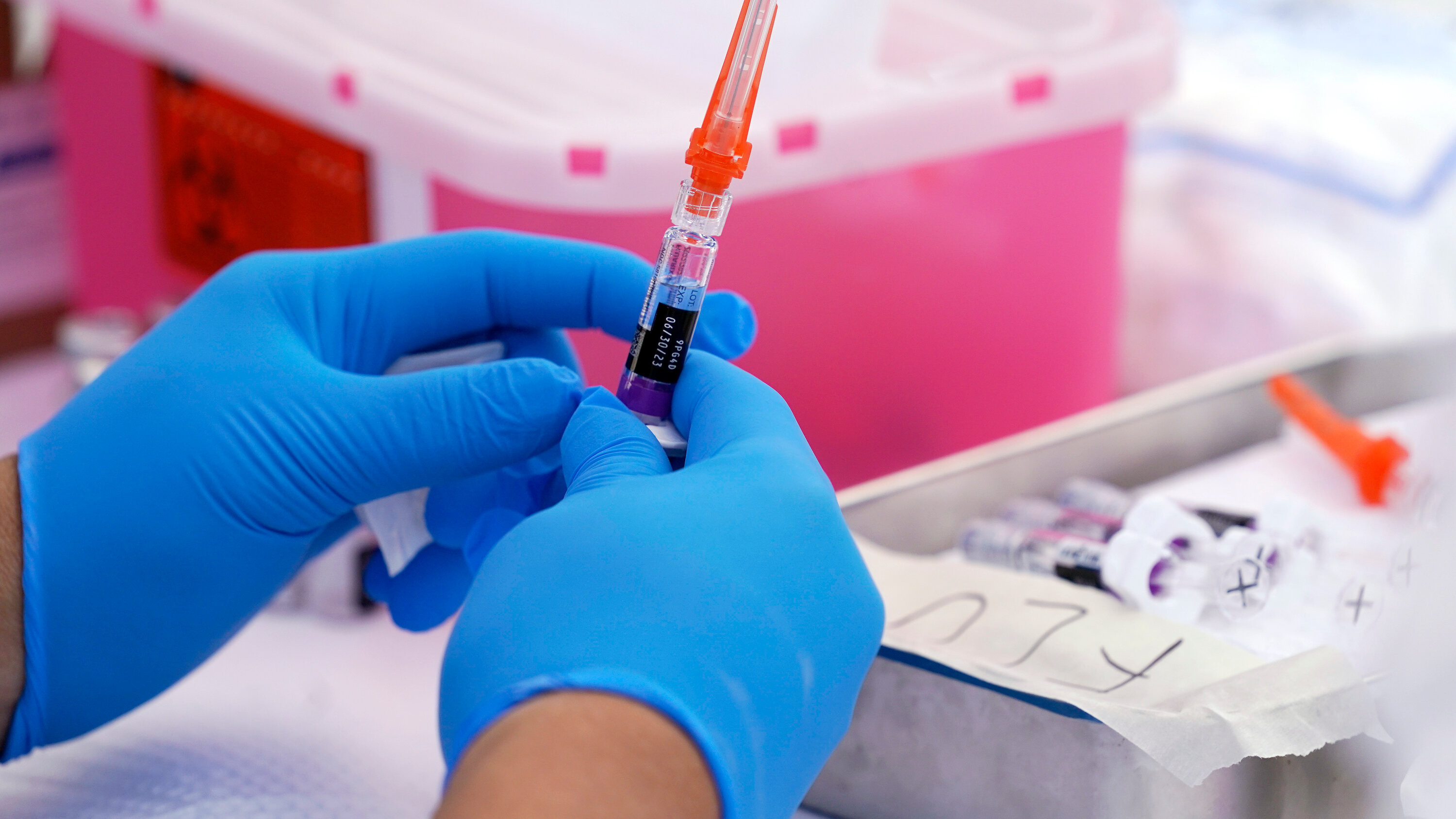Illinois Expands Medicaid Coverage to Include Doula and Lactation Services
Illinois is making strides in improving maternal and infant health by expanding Medicaid coverage to include certified doulas and lactation consultants. This significant expansion aims to address health disparities and improve outcomes for mothers and babies across the state. The initiative is a response to alarming statistics on maternal and infant mortality, particularly among women of color, and a recognition of the vital role these professionals play in supporting families.
Improving Maternal and Child Health Outcomes
The new coverage is a core priority for The Illinois Department of Healthcare and Family Services (HFS). Certified doulas provide continuous physical, emotional, and educational support during pregnancy, labor, delivery, and the postpartum period. This support helps improve health outcomes for both mothers and infants. Lactation consultants, on the other hand, offer specialized breastfeeding education and support, addressing challenges parents may face during this crucial stage. Governor JB Pritzker emphasized the state's commitment to ensuring access to quality healthcare for all mothers, regardless of their background or location, stating, "Here in Illinois, we're committed to ensuring every mother, regardless of race, income, or zip code, has access to the care they deserve." By expanding Medicaid to include doula and lactation consultant services, the state aims to close gaps in maternal healthcare and improve equity in access to essential services.
Comprehensive Coverage and Support
The expanded Medicaid coverage encompasses the entire perinatal period, extending to infant weaning for lactation consultants and up to one year postpartum for doulas. This includes a wide range of services, such as perinatal education about breastfeeding, comprehensive assessments, evidence-based counseling, and support in achieving breastfeeding goals for lactation consultants. Doula services encompass perinatal counseling, birth plan development, support during labor and delivery, care coordination, attendance at clinician visits, and assistance with basic infant care. Services can be delivered in person or through telehealth, except for labor and delivery support from doulas, which requires in-person presence. The new coverage for doula services was included in the Illinois Legislative Black Caucus healthcare pillar bill, signed into law in 2021, demonstrating a collective effort to address systemic inequities in maternal healthcare.
Addressing Racial Disparities and Improving Birth Equity
The Illinois Department of Public Health (IDPH) actively supports this initiative to reduce disparities in maternal health outcomes. Their recent report highlighted unacceptable racial disparities, emphasizing the need for increased access to maternal supports, particularly for Medicaid recipients and those from historically excluded communities. The initiative recognizes the direct correlation between access to doula services and improved outcomes. As stated by IDPH Director Dr. Sameer Vohra, "Increasing access to maternal supports, like doulas, has been tied to improved outcomes for Medicaid recipients and those living in historically excluded communities." The expansion of services represents a commitment to creating a more equitable system where access to care isn't determined by race or zip code.
Collaboration and Community Engagement
The initiative highlights the collaboration between various stakeholders, including the Illinois Legislative Black Caucus, HFS, IDPH, and community-based organizations such as BA NIA Inc. and Chicago Birth Works. The involvement of these organizations underscores the importance of community-centered approaches to healthcare. BA NIA Inc. commends HFS's efforts but advocates for the state to set reimbursement rates at a livable wage, ensuring doulas can fully utilize their skills. Chicago Birth Works views the Medicaid expansion as a step towards a more inclusive healthcare landscape, reflecting a shared commitment to fostering birth equity in Illinois and healing communities disproportionately affected by maternal health disparities. Leaders in the state legislature highlighted the expansion as a crucial step in ensuring quality care for all new families, regardless of cost. House Majority Leader Robyn Gabel emphasized the need for support during pregnancy, childbirth, and beyond, and the new initiative is a vital step toward achieving this goal.
Streamlining Access and Provider Support
To enhance access, Illinois is implementing a standing recommendation for lactation and doula services, eliminating the need for physician referrals. This removes a potential access barrier and administrative burden for both providers and Medicaid recipients, meeting federal requirements for preventive services. The Medicaid Technical Assistance Center (MTAC) is providing comprehensive support for new providers, including training on Medicaid-specific requirements, National Provider Identifier (NPI) acquisition, and enrollment in the Illinois Medicaid provider system (IMPACT). This streamlined process ensures that qualified doulas and lactation consultants can quickly begin providing essential care to families who need it most. This support includes a comprehensive onboarding process including live and on-demand training, along with phone and email support.
A Brighter Future for Mothers and Babies in Illinois
The expansion of Medicaid to include doula and lactation services is a transformative step toward achieving health equity and improving birth outcomes in Illinois. This initiative is not just about expanding coverage; it's a commitment to building stronger support systems for families. By ensuring that every mother has access to the comprehensive care she needs, the state is making a profound investment in the well-being of both mothers and their babies, for generations to come. The support, education, and continuous care provided by doulas and lactation consultants significantly impact the health of mothers and children, demonstrating the profound significance of this initiative. The steps taken showcase a dedication to providing accessible and equitable healthcare to every family in need.


















